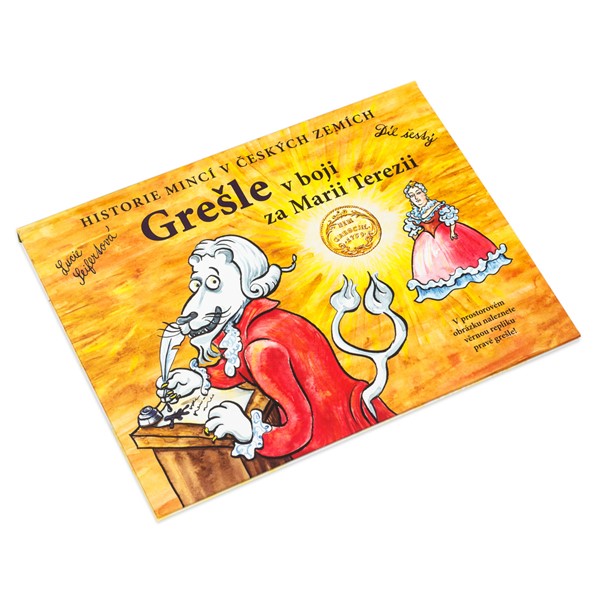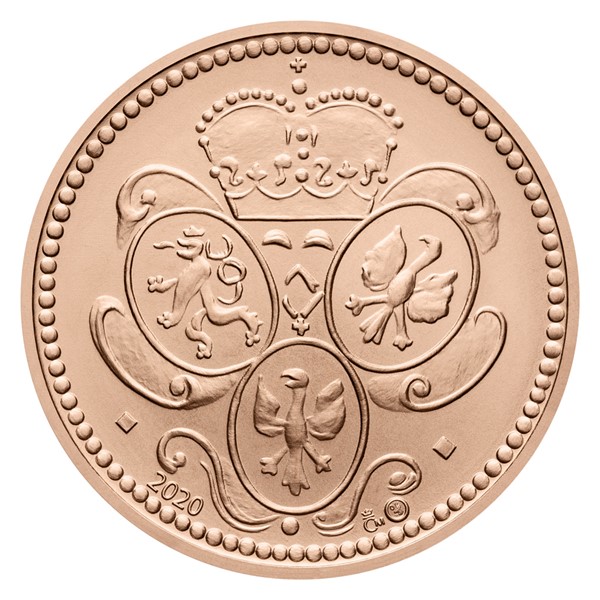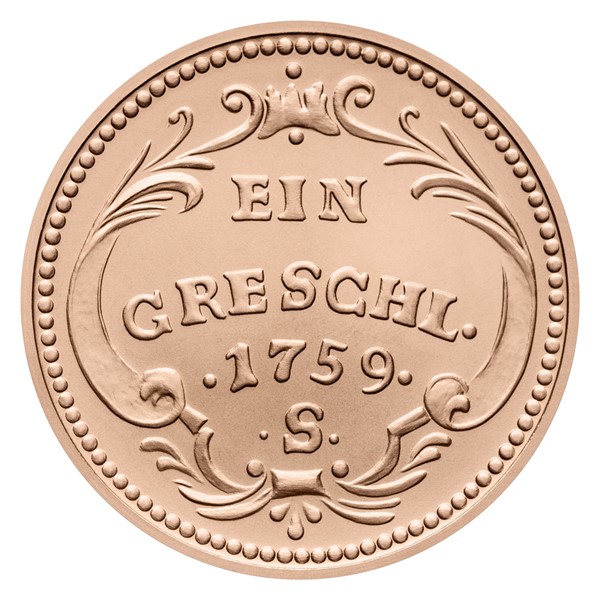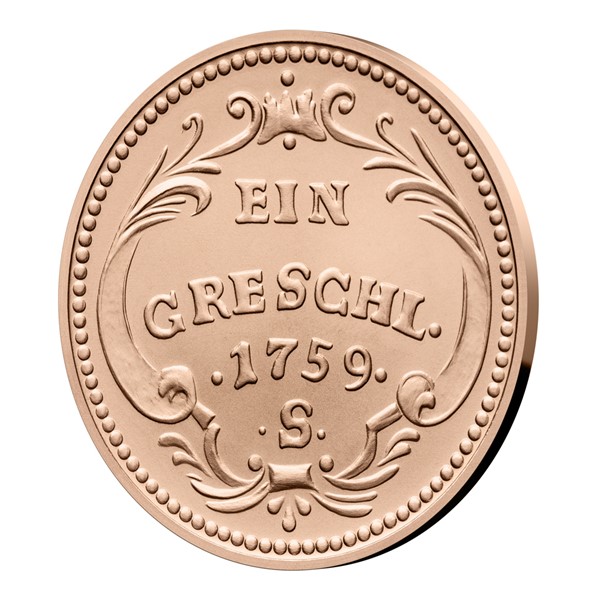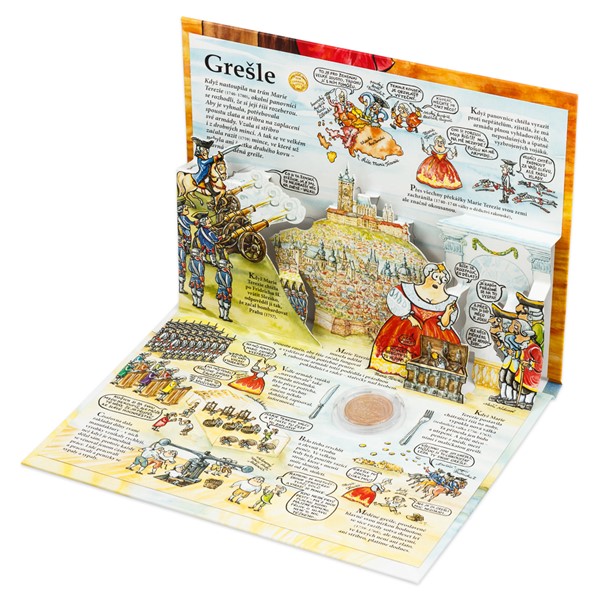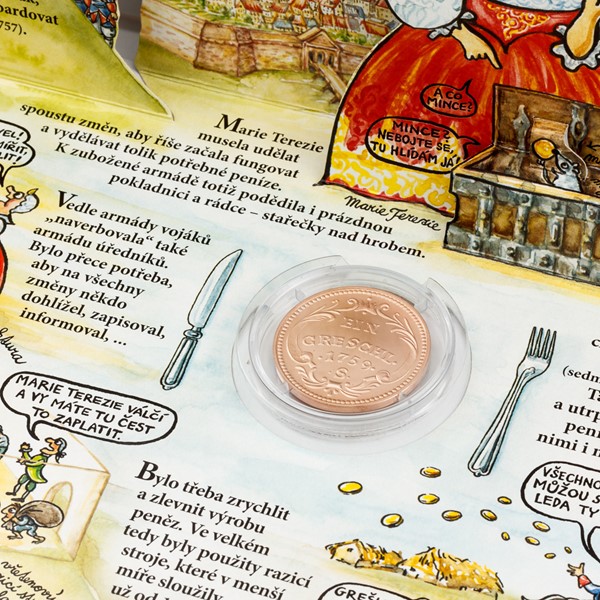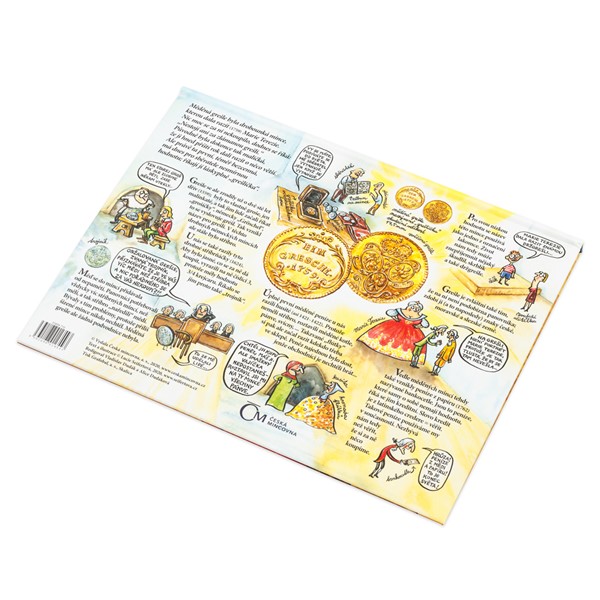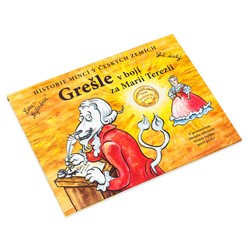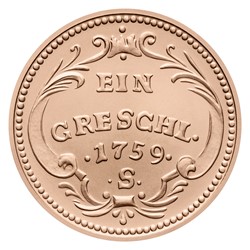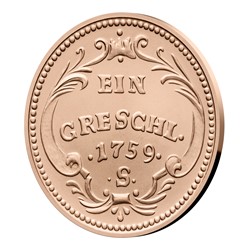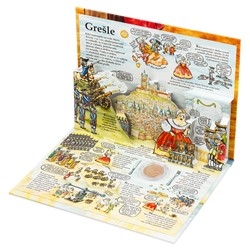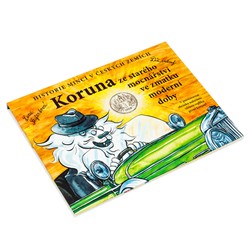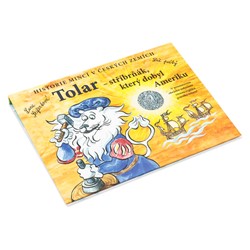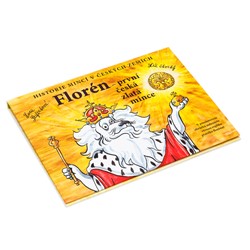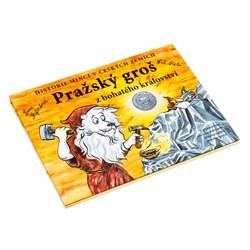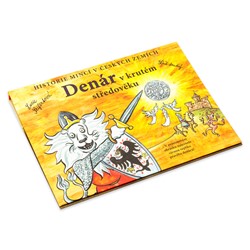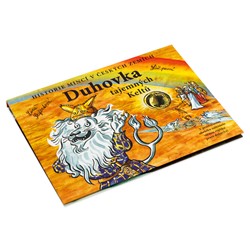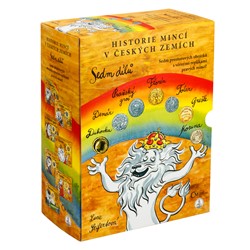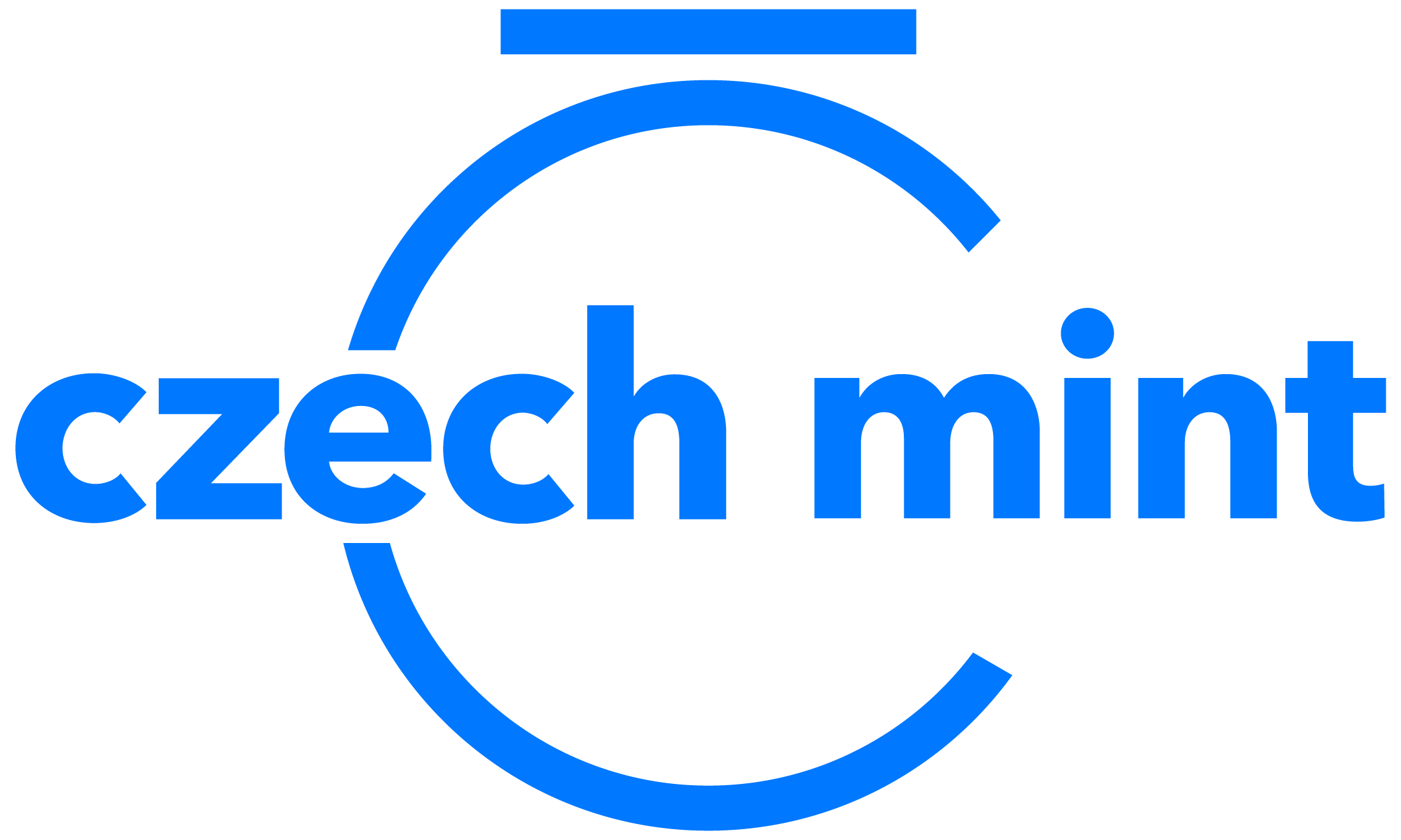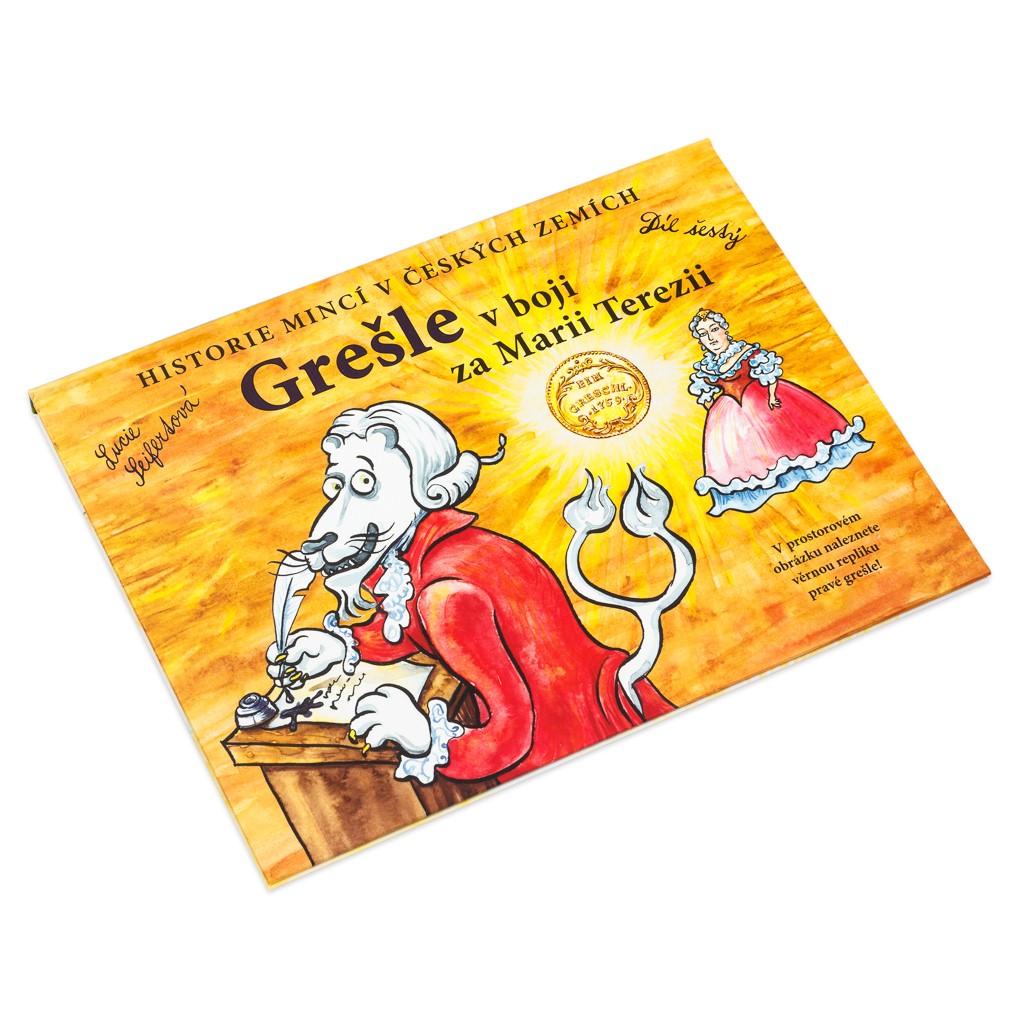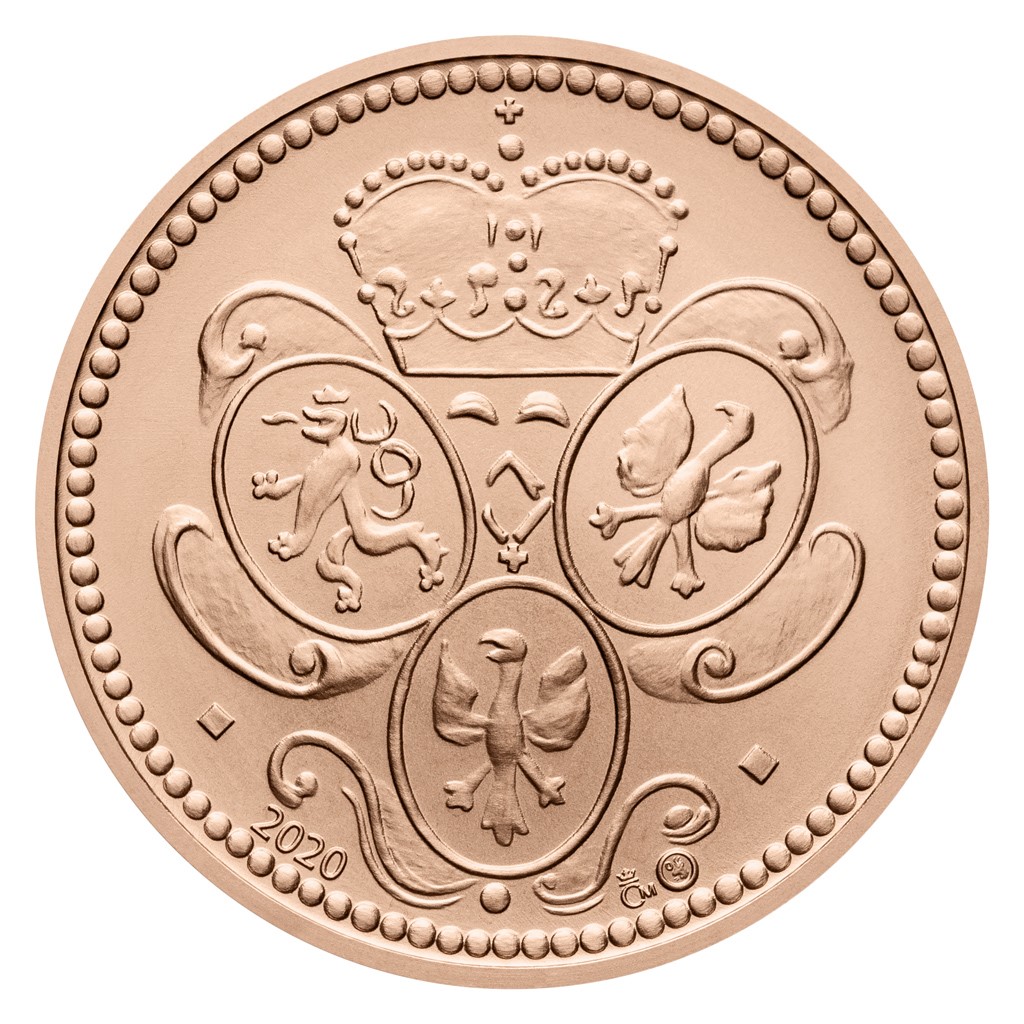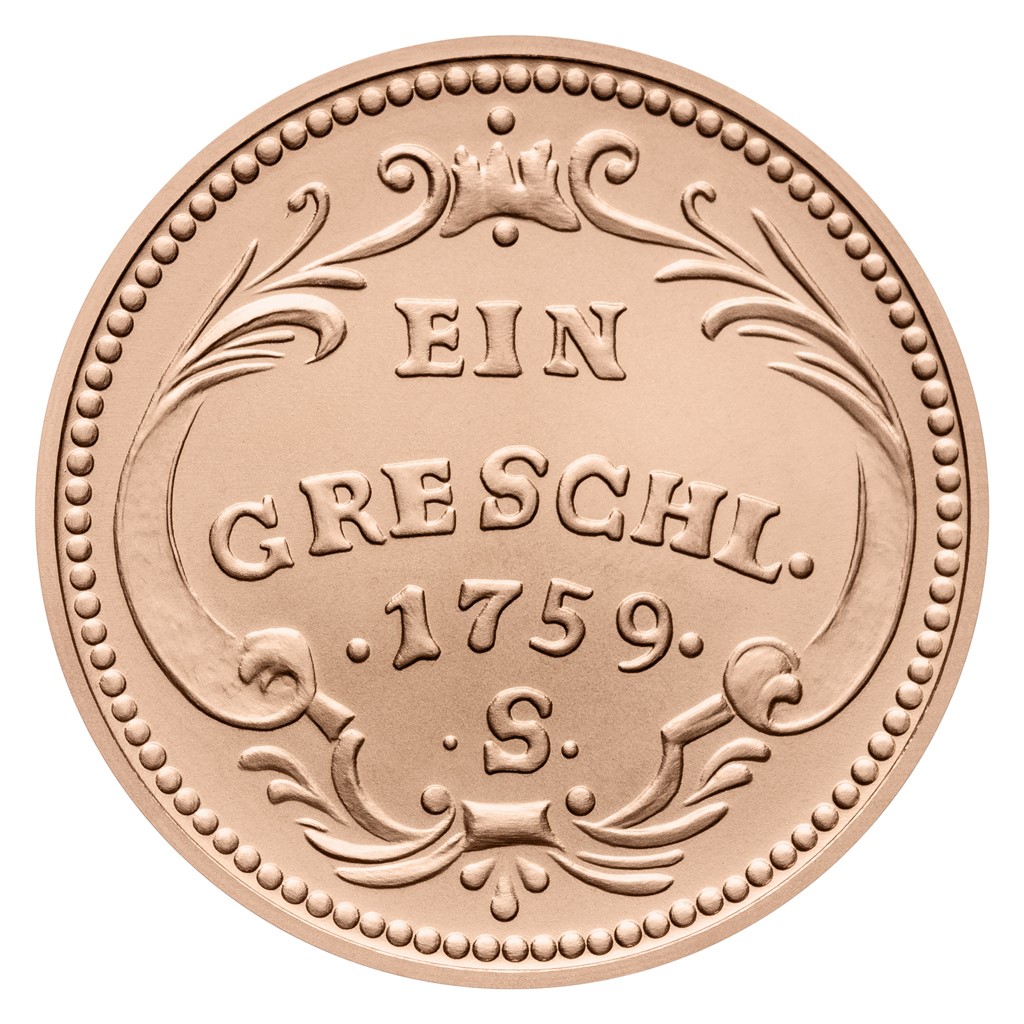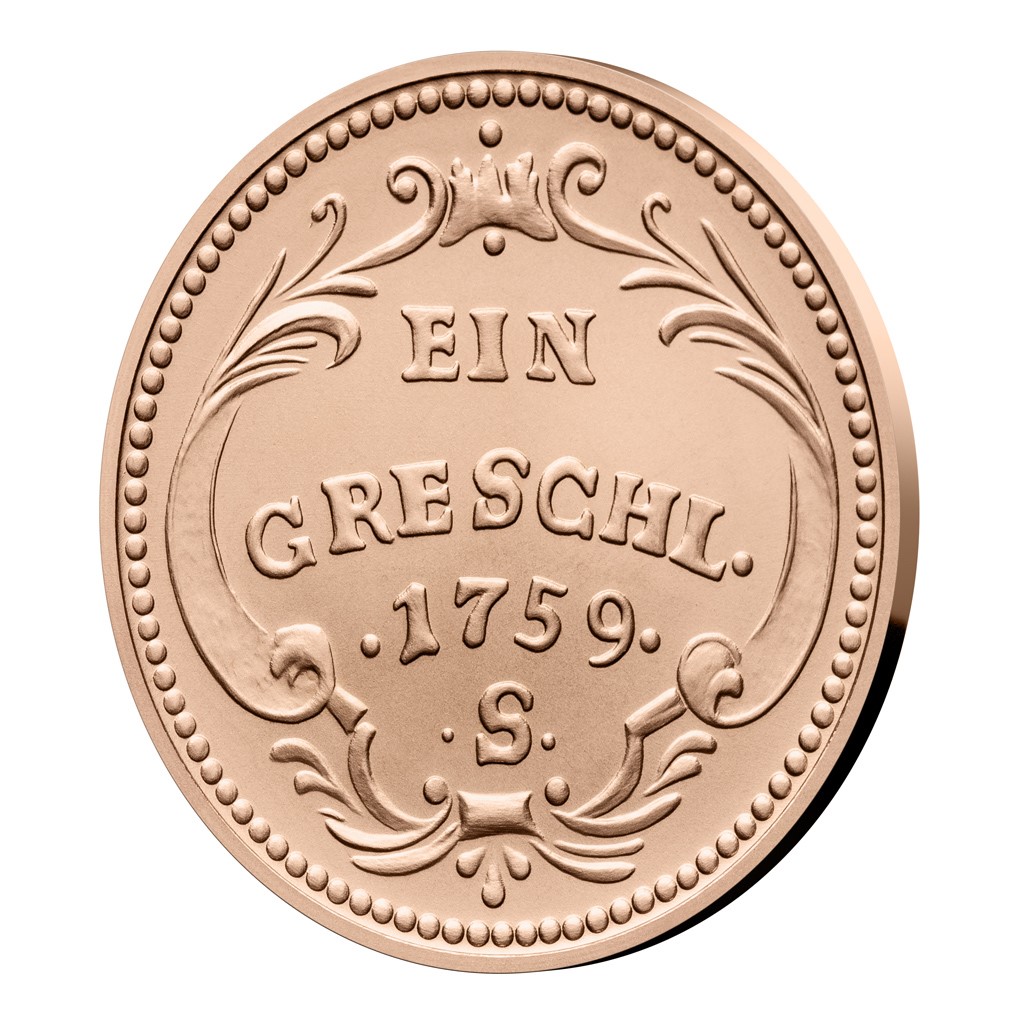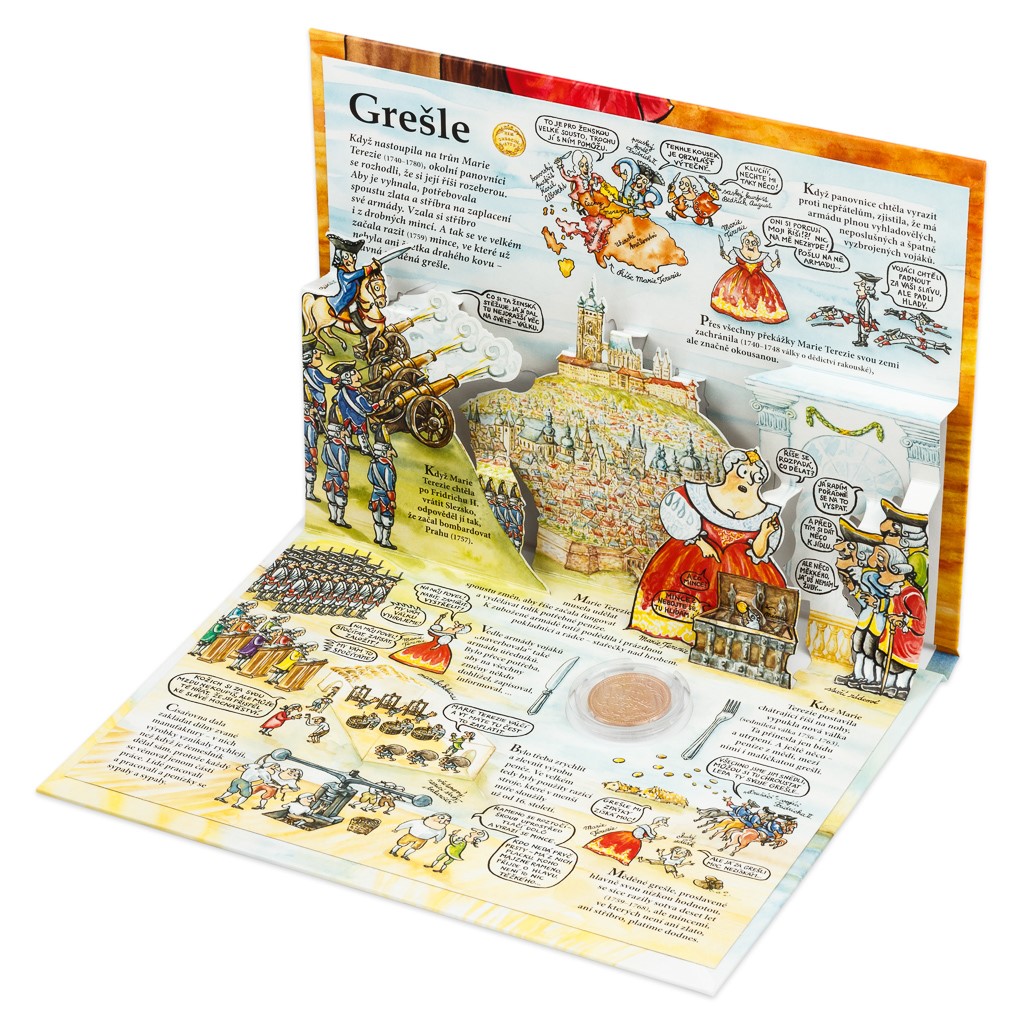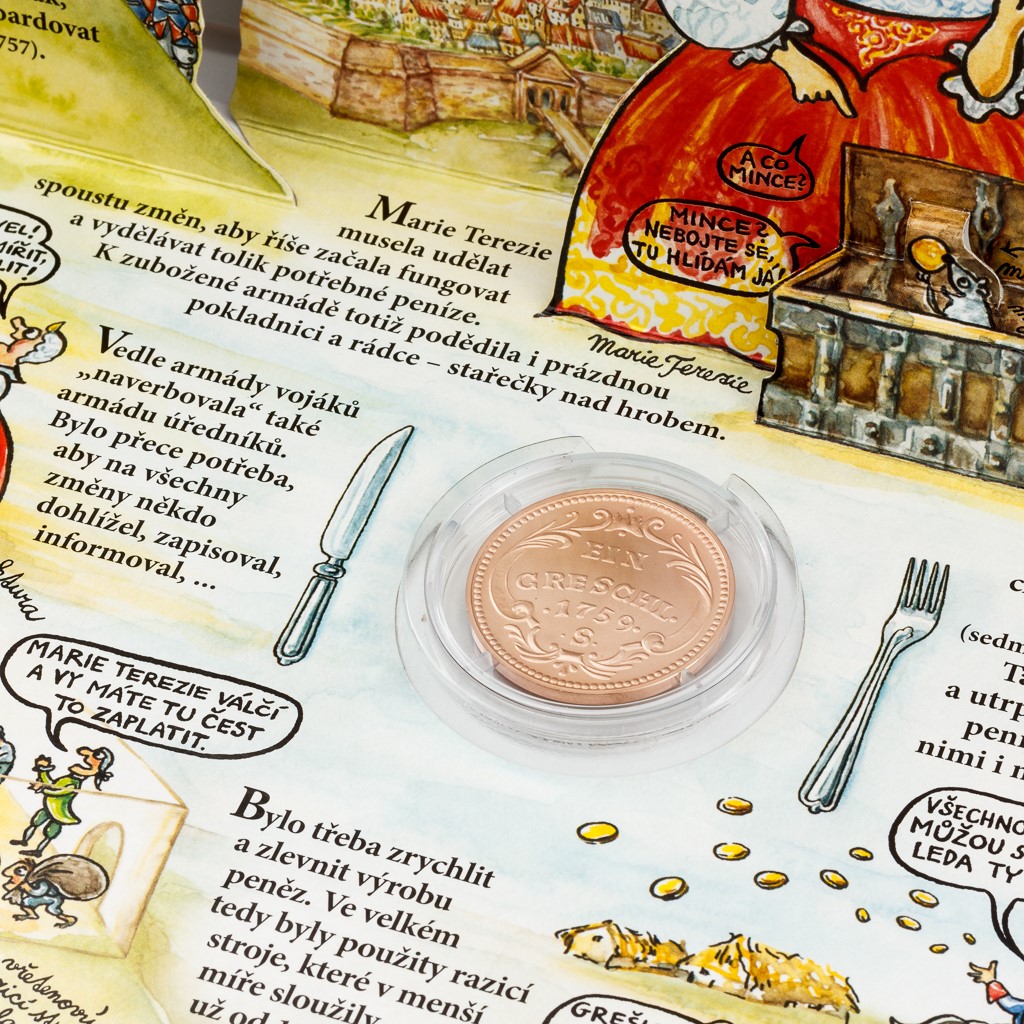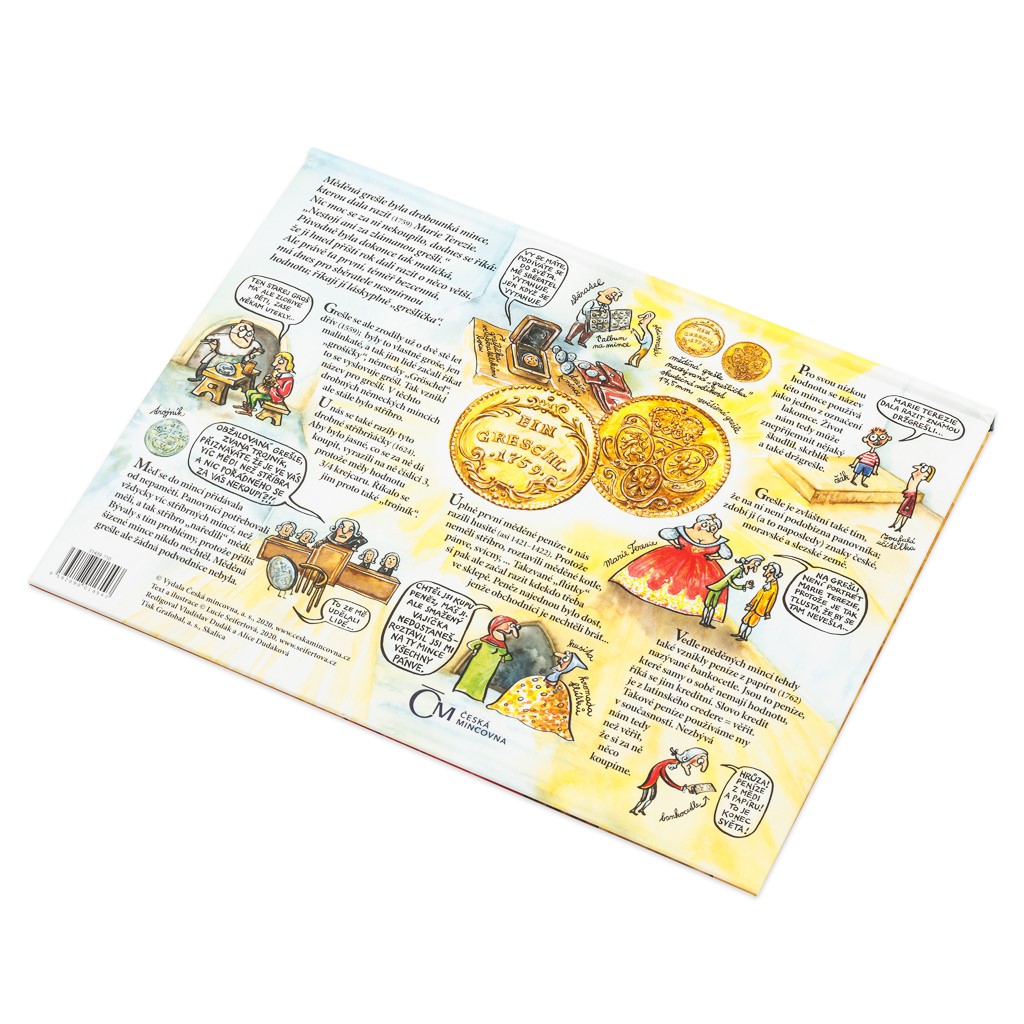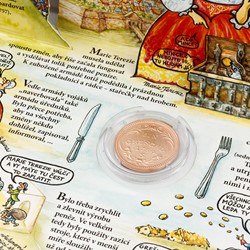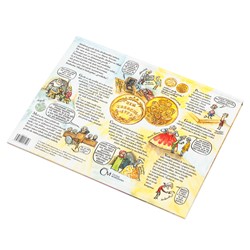History of Minting - Grešle replica stand
Personal pickup at the store
History of Minting
The sixth replica from the series "History of Czech Coins" will take you back to the time of Maria Theresa, who had grešle minted.
Maria Theresa carried out a number of reforms related to education and military in the 18th century in order to turn monarchy into a modern power and encourage a stagnant economy. And because money plays a key role in the economy of every state, the monetary system also had to be reformed.… When the Empress ascended the throne, the surrounding rulers decided to split her empire among themselves. To banish them from her territory, she had to pay the army, which required all the precious metals she had. When she wanted to mint new coins, she had to do without gold and silver, and so grešle - coins made of copper came into existence. Such currency that has no material value is called credit money. The Latin word "credere" can be translated as "believe," which suggested that people had to trust their queen who said they could buy something for grešle. Firstly, people were not enthusiastic about it - but it is still said about something worthless that it is "not even worth a dime." However, that was not all - Maria Theresa introduced the very first paper banknotes… In the end, credit money is used all over the world today.
Grešle bears the inscription GRESCHL, which is based on the German word "Gröschel" - or "little groschen", together with heraldic animals, which are dominated by a two-tailed Czech lion. The replica, processed by the academic sculptor Jan Lukáš, is stamped from silver and plated so that its design corresponds to the historical proposal.
The mintage is inserted into the illustrated spatial pop-up book. Thanks to unmistakable presentation of Lucie Seifertová, you will learn a number of interesting facts about how Maria Theresa financed the struggle for the preservation of her empire. You can store the complete seven-part cycle of replicas of historical coins in a practical collector's box. The schedule of issuance of individual replicas is not limited.
 čeština
čeština
 slovenčina
slovenčina
 english
english
